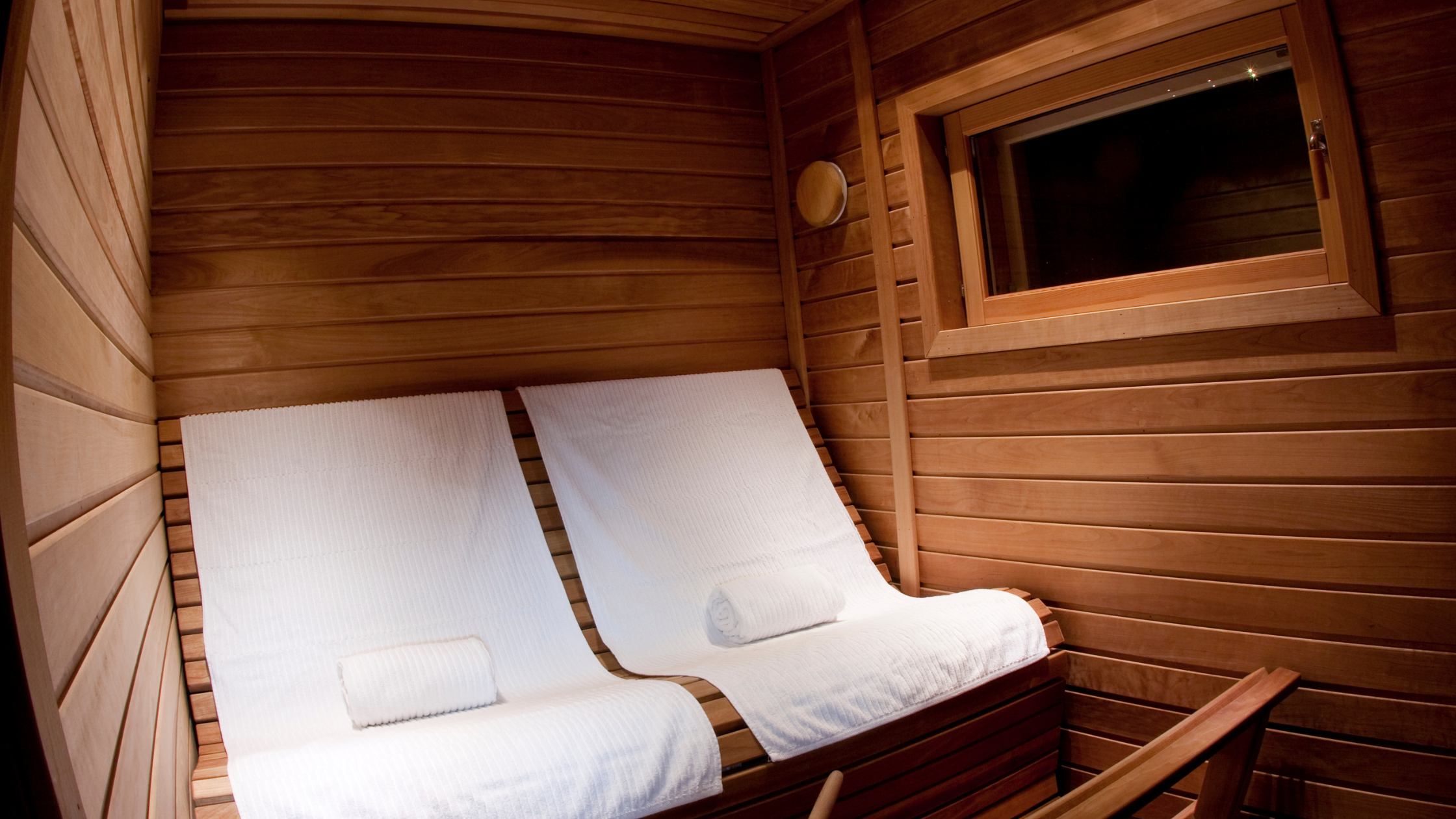Saunas have been cherished for centuries, offering a tranquil escape for health and relaxation. The modern homeowner faces a pivotal decision: choosing between an indoor and outdoor sauna. This choice is more than just a matter of preference; it's about finding a wellness sanctuary that aligns with your lifestyle and home environment.
What is an Indoor Sauna

Definition and Characteristics
An indoor sauna is a controlled, heat-filled room, typically constructed within the confines of your home. It offers a private and readily accessible retreat. Common features include electric, wood-burning, or infrared heating systems, tailored to fit into various interior spaces.
Pros and Cons
Pros:
- Convenience: Easily accessible regardless of weather conditions.
- Privacy: Ideal for those seeking a personal wellness space.
- Maintenance: Easier to maintain due to protection from external elements.
Cons:
- Space Limitations: Requires sufficient indoor space, which might not be available in every home.
- Ventilation Requirements: Proper ventilation is crucial to avoid moisture damage.
What is an Outdoor Sauna

Definition and Characteristics
Outdoor saunas, set amidst the natural surroundings of your garden or backyard, offer a more immersive experience. They are typically built with robust materials like cedar or hemlock to withstand the elements.
Pros and Cons
Pros:
- Connection with Nature: Provides a unique experience of relaxation in the outdoors.
- Aesthetic Appeal: Can enhance the beauty of your outdoor space.
- Flexibility in Size and Design: More room for customization.
Cons:
- Maintenance: More susceptible to weather damage, requiring regular upkeep.
- Accessibility: May be less accessible in inclement weather.
Comparison: Indoor vs Outdoor Sauna
Space and Location Considerations
Indoor saunas are ideal for those with limited outdoor space or who prefer immediate accessibility. Outdoor saunas suit those who have ample backyard space and enjoy a connection with nature.
Installation and Maintenance
Indoor saunas require proper ventilation and insulation during installation. Outdoor saunas need robust materials and weatherproofing.
Health Benefits
Both indoor and outdoor saunas provide immense health benefits like stress reduction, improved circulation, and muscle relaxation. The choice doesn’t significantly impact the health benefits received.
Aesthetics and Design
Indoor saunas often blend with home interiors, while outdoor saunas can become a centerpiece in your garden. The choice here is largely influenced by personal aesthetic preference.
How to Choose the Right Sauna for You
Assessing Personal Needs
Consider your lifestyle, space availability, and personal health goals. Do you prefer quick accessibility or a natural escape?
Cost Comparison
While indoor saunas may be less costly initially due to fewer structural requirements, outdoor saunas can offer more value in terms of design and experience.
Long-Term Benefits
Both types offer long-term health benefits. Consider maintenance costs and potential property value enhancement.
Conclusion
Choosing between an indoor and outdoor sauna boil down to personal needs, space, and aesthetic preferences. Remember, a sauna is more than a luxury; it's a commitment to your long-term wellness. Let your personal preference guide you in creating your ideal wellness space.
Looking for more wellness tips and curious about sauna use? Check out our latest Sweat Decks blogs for more Health and Wellness tips


Share:
Advantages of Sauna Beds
Advantages of Sauna Beds